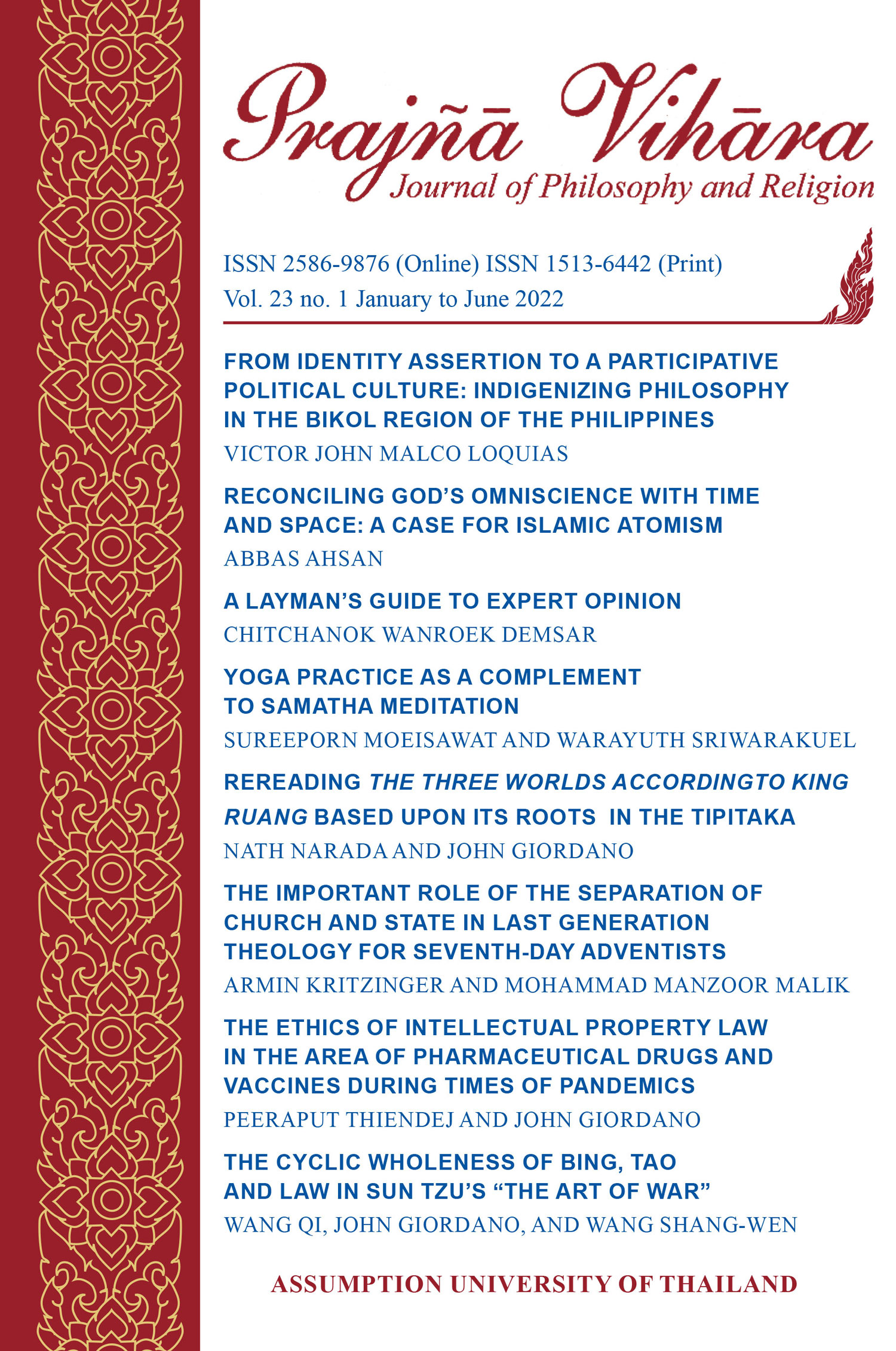THE ETHICS OF INTELLECTUAL PROPERTY LAW IN THE AREA OF PHARMACEUTICAL DRUGS AND VACCINES DURING TIMES OF PANDEMICS
Abstract
The course of the Covid 19 pandemic, has demonstrated the
serious obstacles to the availability and access to vaccines
for many less-developed countries. One obstacle involves
the pharmaceutical patents which limited the ability of
many countries to afford the necessary vaccines. For many,
the intellectual property laws created by the World Trade
Organization and TRIPS agreement has shown itself to
be unfair to less-developed countries. This is also seen as
a problem in global justice. There is an increasing belief
that pharmaceutical patents should be waived in times of
emergency. But the question is how to justify these waivers?
One approach might be the idea of the commons which
underlies intellectual property in it most basic form. This
paper explores ways of reforming intellectual property
law in light of the recent problems connected to the Covid
pandemic.
References
Boyce, P, “What are Public Goods.” accessed 8 December 2021. https://
www.boycewire.com
Clark, D. B., et al. “Biomedical ethics and clinical oversight in multisite
observational neuroimaging studies with children and adolescents:
The ABCD experience,” (Developmental Cognitive Neuroscience,
, 32, 143–154.
John Locke, Two Treatises of Government, (Cambridge U.P, 1960).
Peter Drahos, A Philosophy of Intellectual Property, Hampshire: (Ashgate
Publishing Limited, 1996).
Peter Drahos & John Braithwaite, Information Feudalism Who Owns the
Knowledge Economy?, (New York: The New Press, 2003).
Jecker and Atuire, “What is yours is ours: Waving intellectual property
protections for covid-19 vaccines,” accessed 10 May 2021. https://
www.jme.bmj.com.
McMahon, A, “Global equitable access to vaccines, medicines and
diagnostics for COVID-19: The role of patents as private
governance,” (Journal of Medical, 2020), Ethics, 47, 142.
Nicol, D. and Nielsen, J, “Humanity cannot afford a COVID-19 patent
battle,” (International science council, 2020).
Siraj, M. S., Dewey, R. S., & Ul Hassan, A, “The infectious diseases
act and resource allocation during the COVID-19 pandemic in
Bangladesh,” (Asian Bioethics, 2020), Review, 12(4), 491–502.
Siripurapu, A, “The Debate over a patent waiver for covid 19 vaccines:
What to know.” accessed 7 June 2021. https://www.crf.org.
Downloads
Published
Issue
Section
License
Consent to Publish and Transfer of Copyright
By publishing in Prajñā Vihāra, the author agrees to transfer and assign to Assumption University of Thailand as the Publisher of the Journal, the copyright to the Article in any form, including any and all rights, interests and claims related to it.
The author does retain the following rights:
- The right to make further copies of the published article for their use in classroom teaching.
- The right to reuse all or part of the published article in a compilation of his or her own works or in textbooks of which they are the author or coauthor.
- The right to make copies of the published article for internal distribution within their academic institution.
- All proprietary rights other than copyright, such as patent rights.
- The Article is his or her original work, and has not been published previously and is not under consideration for publication elsewhere.
- It does not contain any matter that is obscene, libelous, or contrary to law.
- They have obtained the necessary license or written authority and paid any and all related fees for the use and reproduction of text, tables, illustrations and other copyrighted work from the owners of the intellectual property rights, and can furnish the Publisher copies of the license/written authority and proof of payment of related fees upon the signing of this Agreement.
- They have the consent of the Co-Authors of the article upon the signing of this Agreement.
- In the event that they intend to republish, reprint or translate all or part of the Article in other publications, they will secure the prior written permission from the journal Editor.
Prajñā Vihāra adopts the Creative Commons Attribution (CC BY-NC-ND) license


